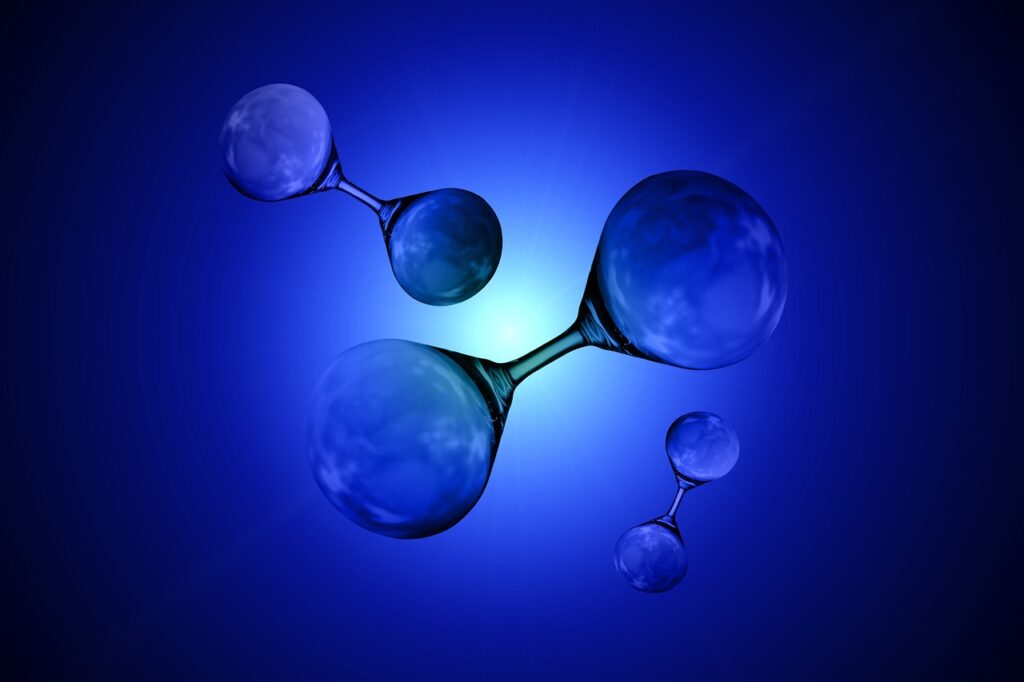Industrie De Nora has recently clinched multiple orders through its subsidiary, De Nora Deutschland GmbH, signaling a significant milestone in Europe’s green hydrogen transition.
These orders, secured from thyssenkrupp nucera, are poised to drive the supply of electrolyzer cells for a groundbreaking water electrolysis plant underway in Sweden.
This ambitious project, slated to become one of Europe’s largest water electrolysis facilities, aims to harness green hydrogen production with a staggering installed capacity exceeding 700 MW. Positioned to revolutionize hard-to-abate industrial sectors, the initiative holds the promise of substantial carbon footprint reduction upon completion.
The collaboration between De Nora and thyssenkrupp nucera underscores a strategic alliance geared towards advancing sustainable energy solutions. Paolo Dellachà, CEO of De Nora, expressed enthusiasm about the latest developments, emphasizing the pivotal role these orders play in realizing a project of European significance. Dellachà stated, “These orders further strengthen the growth of our business focused on the production of green hydrogen, reinforcing De Nora’s position as a company capable of significantly contributing to the decarbonization of traditionally hard-to-abate industrial sectors.”
The utilization of De Nora’s electrolyzer cells represents a crucial step in Europe’s transition towards clean energy. By facilitating the production of green hydrogen, these cutting-edge technologies hold the key to unlocking a greener, more sustainable future for industries grappling with carbon emissions.
De Nora’s commitment to sustainability and innovation resonates throughout its engagement in projects of this magnitude. Through the execution of initiatives aimed at scaling up green hydrogen production, the company epitomizes its dedication to catalyzing global efforts in combating climate change.
However, while this partnership marks a significant stride towards decarbonization, challenges persist. Scaling up green hydrogen production requires substantial investment and infrastructural development. Additionally, ensuring the economic viability and widespread adoption of green hydrogen technologies remains a pressing concern.
As Europe charts its course towards a hydrogen-powered future, collaborations like the one between De Nora and thyssenkrupp nucera serve as beacons of hope. By harnessing the potential of electrolyzer cells, these initiatives pave the way for a cleaner, more sustainable industrial landscape.
